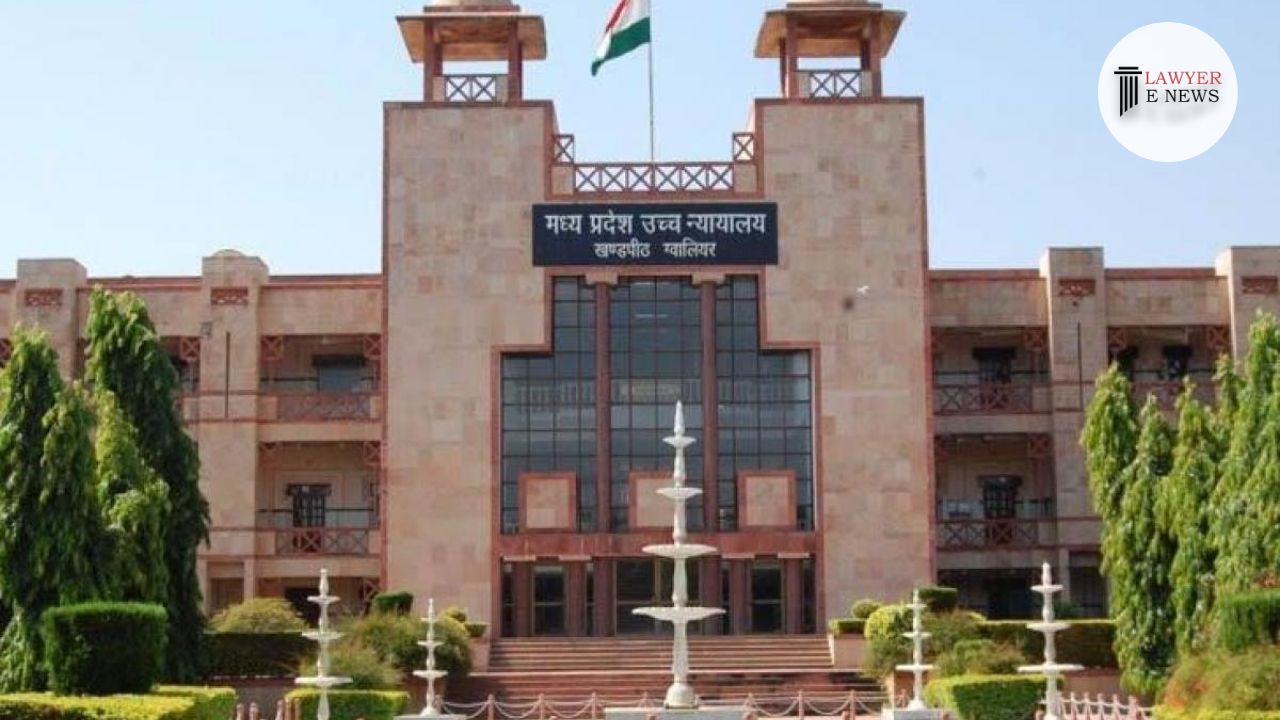-
by Admin
15 February 2026 2:16 AM



In a significant ruling, the High Court of Madhya Pradesh has quashed the promotion of Mehfooz Ahmad to the post of Assistant Registrar, citing his lack of requisite qualifications and procedural irregularities in the promotion process. The judgment was delivered by Chief Justice Ravi Malimath and Justice Vishal Mishra in Writ Petition No. 28381 of 2018, filed by Ahmad, challenging his supersession by an unqualified colleague.
The case originated in 2018 when Mehfooz Ahmad, initially appointed as a Stenographer in 1985 and subsequently promoted through various posts, challenged the promotions of Respondent No. 2, Prashant P. Gade. Ahmad argued that Gade, who held only a Higher Secondary School Certificate, lacked the necessary qualifications for the posts of Private Secretary and Assistant Registrar. Despite Ahmad's seniority and qualifications, including a Master's degree and an LLB, he was overlooked in favor of Gade.
Educational Qualifications: The court found that Gade did not possess the requisite educational qualifications for the post of Stenographer, Private Secretary, or Assistant Registrar. The High Court's 1996 rules mandate a graduate degree and proficiency in English Shorthand for these positions, qualifications Gade lacked.
Procedural Improprieties: The court noted that Ahmad's Annual Confidential Reports (ACRs) from 2012 to 2017 were not communicated to him, violating established legal precedents. The Departmental Promotion Committee's (DPC) decision, based on these uncommunicated ACRs, was deemed invalid.
Judicial Review: The court emphasized that appointments and promotions must adhere to statutory rules and qualifications. It reaffirmed that the administrative powers of the Chief Justice are subject to judicial review, especially when appointments do not comply with prescribed regulations.
The judgment delved deeply into the statutory requirements and procedural norms for promotions within the Madhya Pradesh High Court. It highlighted significant precedents from the Supreme Court, such as Dev Dutt v. Union of India and Sukhdev Singh v. Union of India, which mandate the communication of ACRs to ensure transparency and fairness in promotions. The court found that Gade's promotion violated these principles and the High Court's recruitment rules.
The High Court directed the DPC to reconsider Ahmad's promotion from the date of wrongful supersession, August 14, 2016. It also ordered the reversion of Gade to a position suited to his qualifications, a decision to be implemented within 30 days. This ruling underscores the judiciary's commitment to upholding merit and procedural integrity in administrative appointments.
Date of Decision: May 24, 2024
Mehfooz Ahmad v. High Court of Madhya Pradesh & Anr.
